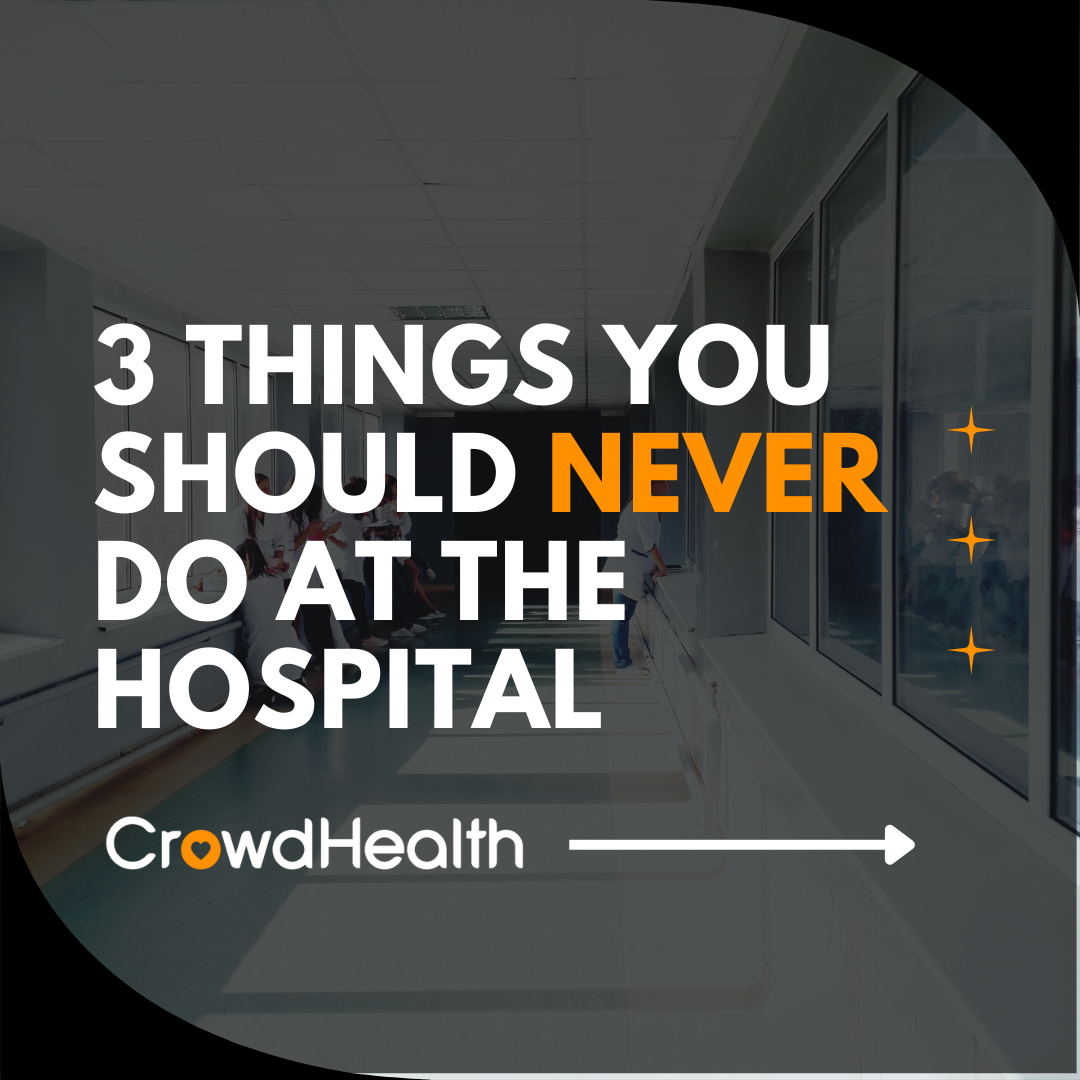3 Things You Should Never Do at the Hospital (If You Want to Protect Your Wallet)

Walking into a hospital, you should be focused on your health not your finances. But the truth is, the paperwork and pricing decisions you make under stress can shape your financial future for years. Hospitals know this, and the system is designed to maximize what you’ll pay.
Here are three things you should never do when you’re in the hospital:
1. Don’t Sign the Patient Financial Responsibility Form
The first piece of paper shoved in front of you often looks harmless: the Patient Financial Responsibility Form. It seems like a formality, but it’s actually a blank check.
By signing it, you’re agreeing to pay whatever the hospital charges no matter how inflated or arbitrary. You lose leverage before you’ve even begun. It’s essentially signing your financial life away.
What to do instead:
Don’t sign it. If it is presented to you on a clipboard look at the section that says something to the effect of “I am financially responsible for all billed services associated with treatment received” Instead, mark out “all” and write in “reasonable.” That gives you the ability to challenge the hospital’s pricing if they price gouge you.
If you are presented an electronic form, write “Won’t Sign” in the signature line.
If you are at the ER when this occurs, they are legally bound to provide you service to stabilize your condition under the EmergencyMedical Treatment and Labor Act (EMTALA). Telling you otherwise is against the law. Let them know that.
2. Don’t Accept the “Cash Price” at the Hospital
Hospitals love to offer a so-called “cash price” with huge “discounts.” It sounds like you’re getting a deal: pay cash, avoid the paperwork. But in reality, the “discount” is almost never real. The discount is based upon a fake price that the hospitals and health insurance use to trick you into thinking you are getting a great deal.
What to do instead:
Be patient and wait for the bills. When you get them, ask for an itemized bill to ensure that you weren’t billed for anything that you shouldn’t have been: 80% of bills have errors on them. If you have CrowdHealth, upload them to your app and let us help you evaluate these bills to ensure they are fairly priced, and we can negotiate on your behalf. If you don’t have CrowdHealth, obtain a service who can help you evaluate the fair price and accuracy of these bills.
3. Don’t Sign Up for CareCredit (or Similar Financing Schemes)
When the sticker shock hits, hospitals are quick to hand you a credit application like CareCredit. It’s pitched as an easy way to spread out payments. But here’s the truth: if you’ve accepted an unfair price and then finance it with a high-interest medical card, you’ve just doubled down on the pain. The hospitals are trying to get it off their books.
You’re paying a terrible price, and you’re now in debt.
What to do instead:
Negotiate first. If you can’t pay in full, work out a direct payment plan with the provider at a lower balance before involving third-party financing. Debt should never be the default answer to medical bills. Even better, joinCrowdHealth and let us take of this hassle for you!
The Bottom Line
Hospitals count on patients being overwhelmed, scared, and uninformed.That’s how they get away with inflated pricing, buried terms, and predatory financing.
But you don’t have to play by their rules. Take a breath.Ask questions. Negotiate. And remember that signing quickly and quietly almost always costs you more.
At CrowdHealth, we believe people deserve better. That’s why we negotiate fair prices, cut through hospital games, and keep our members out of medical debt. Because healthcare shouldn’t bankrupt you.






